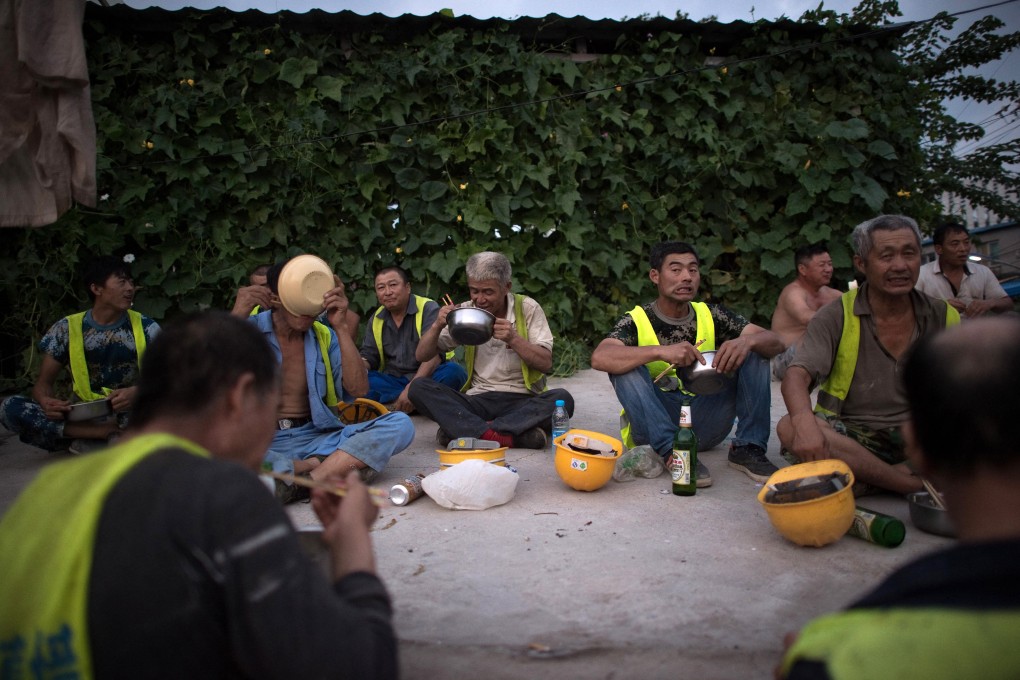Advertisement
China warns its local governments don’t be overambitious in carrying out ‘common prosperity’ drive
- National Development and Reform Commission (NDRC) warns local authorities against over-promising on social welfare amid Beijing’s push to reduce inequality
- Local governments should focus on essential services such as education, housing, medical and elderly care, says the nation’s top economic planning agency
Reading Time:3 minutes
Why you can trust SCMP

China’s top economic planning agency said on Thursday the nation’s growth is still well behind developed countries and local governments should not be overambitious when it comes to implementing “common prosperity”.
The National Development and Reform Commission (NDRC) warned local authorities against over-promising on social welfare amid Beijing’s push to reduce its yawning wealth gap by the middle of the century.
“There is still a big gap between our country’s development level and that of developed countries,” said Ha Zengyou, head of the NDRC’s department of employment, income distribution and consumption, in a press briefing on Thursday.
Advertisement
“We must ensure and improve people’s livelihood on the basis of economic development and sustainable financial resources.”
Local governments should focus on addressing essential services such as education, medical and elderly care, as well as housing, Ha said.
Advertisement
Advertisement
Select Voice
Choose your listening speed
Get through articles 2x faster
1.25x
250 WPM
Slow
Average
Fast
1.25x